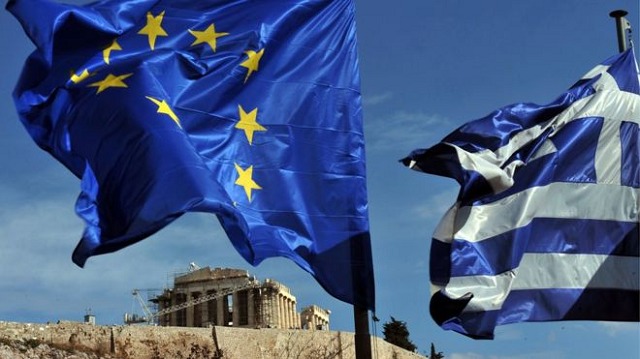Greece has successfully completed a three-year eurozone emergency loan programme worth €61.9bn (£55bn; $70.8bn) to tackle its debt crisis.
It was part of the biggest bailout in global financial history, totalling some €289bn, which will take the country decades to repay.
Deeply unpopular cuts to public spending, a condition of the bailout, are set to continue.
But for the first time in eight years, Greece can borrow at market rates.
"We contemplated suicide a lot. But we said no, we struggled". After 8 years #Greece exits its bailout today. Austerity had a crippling impact. I covered the crisis as Athens correspondent and returned to see Greece's progress. With @timfacey @KallergisK https://t.co/qcAYvSlAGT
— Mark Lowen (@marklowen) August 20, 2018
The economy has grown slowly in recent years and is still 25% smaller than when the crisis began.
“From today, Greece will be treated like any other Europe area country,” the EU’s Commissioner on Economic and Financial Affairs, Pierre Moscovici, said on Monday.
Its reforms had, he said, “laid the foundation for a sustainable recovery” but he also cautioned that its recovery was “not an event, it is a process”.
According to the International Monetary Fund (IMF), only four countries have shrunk economically more than Greece in the past decade: Yemen, Libya, Venezuela and Equatorial Guinea.













